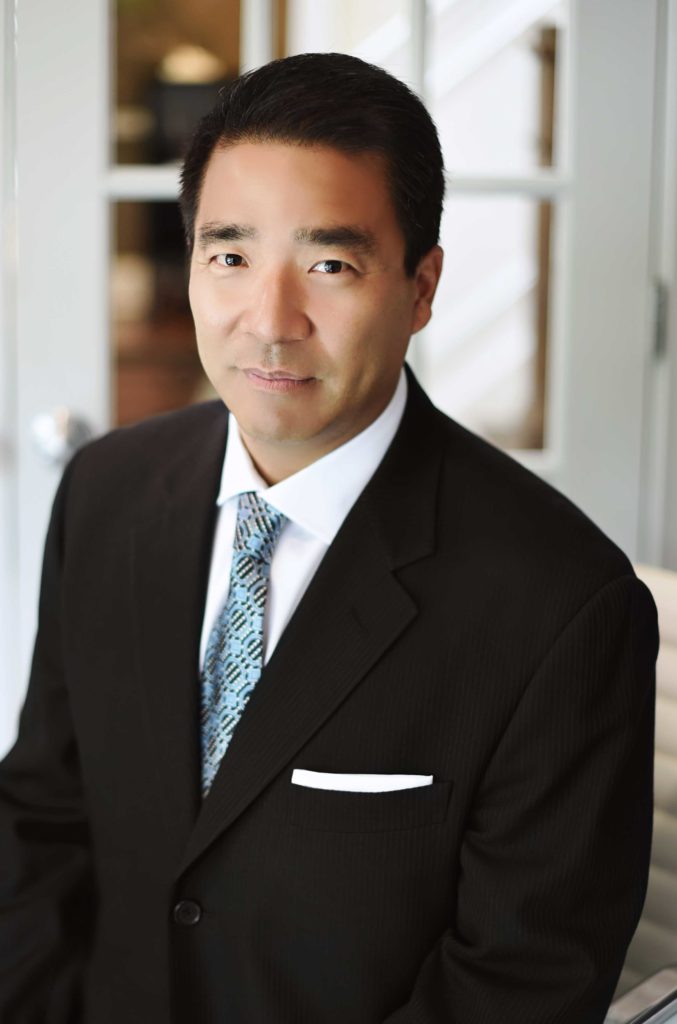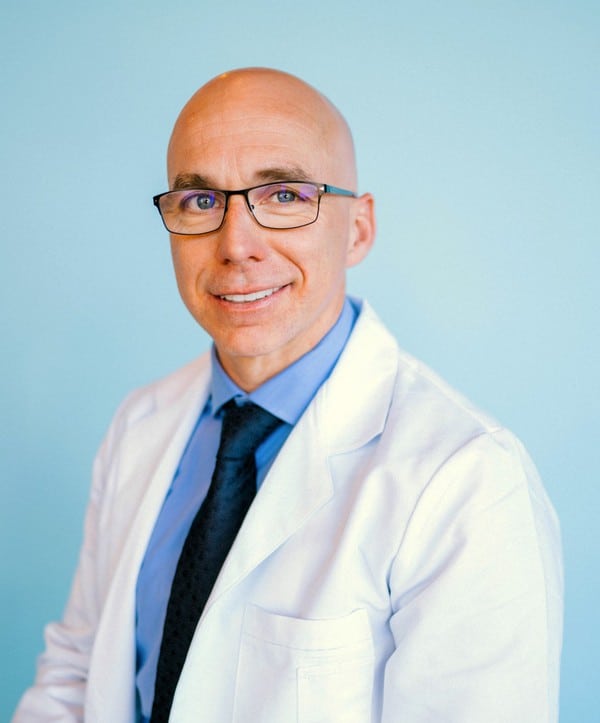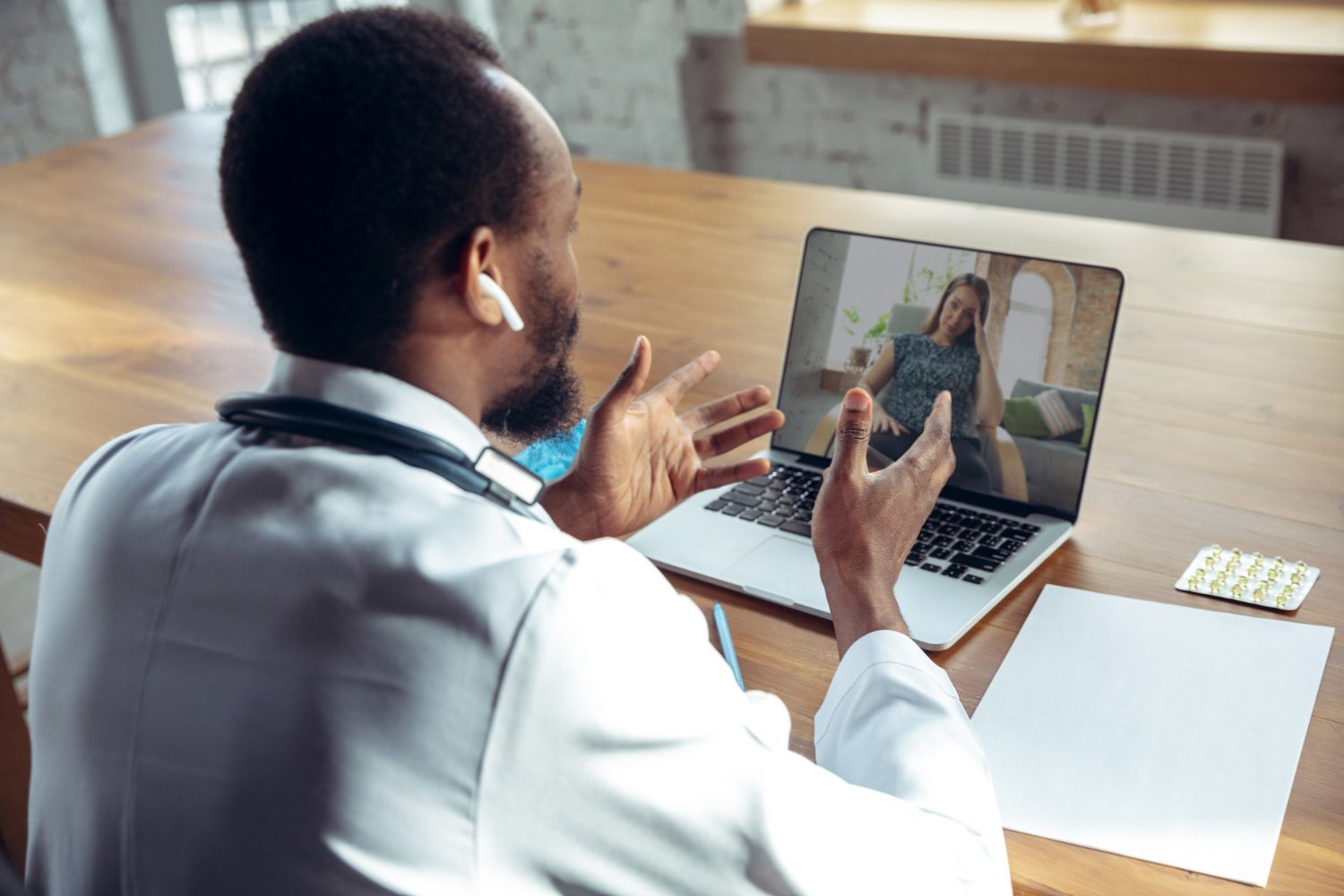“Don’t worry. He won’t die; he’ll just wish he was dead.”
Dr. Kenji Oyasu stood shocked at the words coming from his senior medical resident when he was an intern in Chicago. Oyasu just had his first encounter with a person in heroin withdrawal in the ER, and his concern led him to ask how he could help. This moment haunted him for years and 20 years later as the opioid crisis hit a new high, it inspired him to dig deeper into emergency medicine, particularly dealing with drug addiction.

Dr. Oyasu has twenty years of experience in emergency medicine and acts as the physician executive and founder of ModernMed Recovery. He created ModernMed Recovery to provide lasting change to those with drug addictions and is board certified in addiction and emergency medicine.
Red Tape Regulations
As Dr. Oyasu began working in the ER, he and his peers watched the opioid crisis develop before their eyes as overdoses and opioid-related complications began to increase. The increase came at the hand of changes in opioid regulation that took, according to Dr. Oyasu, “a billion pills off the market.”
The decrease in the available drug led people to seek out heroin and deadly cocktails like morphine mixed with fentanyl. A mom of two in her 30s, a young kid just beginning his life, a 78-year-old man – Dr. Oyasu has seen people from all walks of life during his practice. The drug addiction, which he recognizes as a disease process, does not discriminate.
However, medical practices do. A cursory search on the Internet seems to provide a host of practices and resources for those seeking recovery, but calling up those practices will most likely get you a “no room at the inn” notice.

Complicated regulations surrounding prescriptions for lesser opioids, such as buprenorphine, make it difficult for any practice to increase their patients past 30. If they want to prescribe lesser opioids as a treatment for drug addiction, they need an extra waiver on their DEA license.
“Ironically, I can write for all the oxycodone and fentanyl patches I want unlimited, but for buprenorphine, which is a only a partial opiate, I have to take an 8-hour course which I can take online, and then I can only see 30 patients,” Dr. Oyasu said. “There are millions of people needing treatment that we over-prescribed for the last 16 years, and you’re telling me I can only treat 30 patients at a time.”
Since the opioid crisis became more mainstream, some regulations have changed. If a practice can have 30 patients successfully for a year, it can apply for a 100-patient license. But getting past the red tape to start treating patients is just one hurdle.
Creating Real Change
“Addiction medicine is very difficult to treat. Why? Because addiction is all about compulsive behavior, so once you’re speaking to addiction, it doesn’t matter the substance. It becomes a lie, cheat, and steal lifestyle,” Dr. Oyasu said.
Dr. Oyasu works with his team to fight the stigmas attached to treating those with addiction. “We now know about the neurochemical nature of the disease,” he said. “All the PET scans and the MRI that we see just demonstrate how this is a neurobiologic disease process, but people still have it in their heads that [drug addiction] is a moral failure or a character flaw.”

Educating patients and anyone who will listen about drug addiction and the appropriate way to treat it is Dr. Oyasu and his team’s passion.
Currently, many drug rehabilitation programs create a controlled environment where patients quit cold turkey. Dr. Oyasu compares this to a diabetes program that teaches patients what to do but sends them off without insulin access. Patients are prone to failure if they don’t receive the best opportunities and tools to succeed.
Compassion First
Oyasu’s approach involves listening to the stories of his patients. Every single one of his patients receives his personal phone number so that if they have a breakdown, they can have immediate access to someone who will talk with them.
Dr. Oyasu is determined to restore people to healthy lives free from addiction.
“I don’t honestly know how long people need to be treated, but you have to treat it with the same compassion and respect you with any other chronic medical condition, whether it’s heart failure, diabetes, and so on.”
If you would like to learn more about Dr. Oyasu and his practice ModernMed Recovery, you can visit his website here.





0 Comments